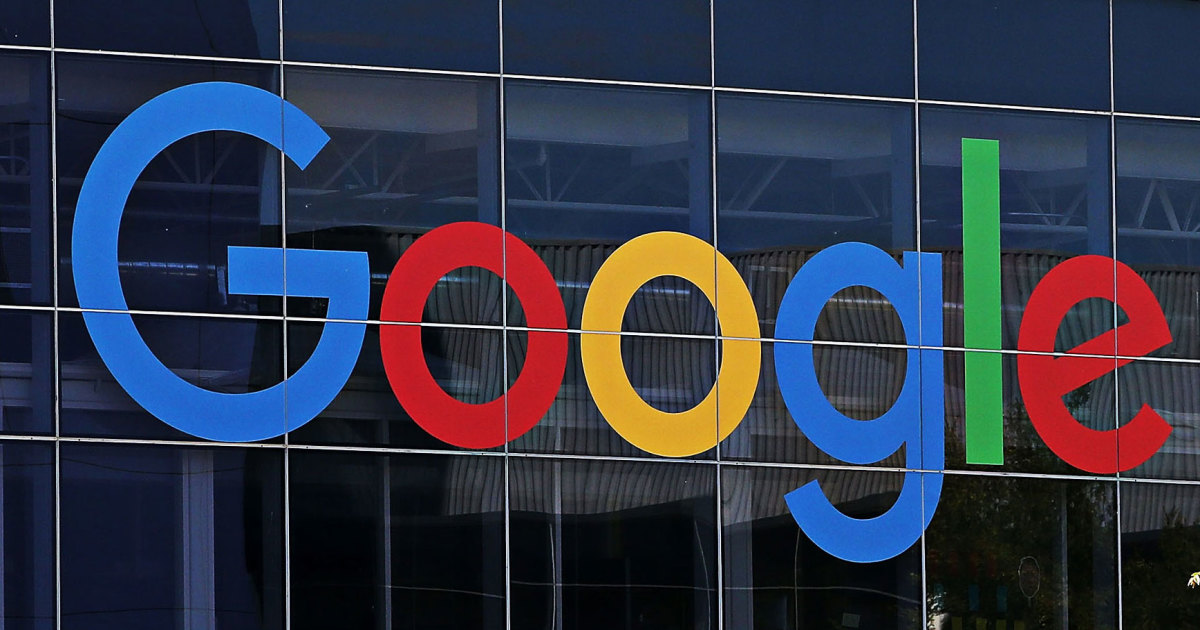Brendon Harrington, Transportation Operations Manager for Google, approached our Experiential Learning (EL) team with a seemingly simple problem.
“What’s keeping me up at night,” he said at our first meeting, “is parking.”
For a company that deals regularly with digital information in the cloud, physical space had suddenly become a constraint to growth.
Parking at Google’s main Mountain View campus is so crowded that the company uses valet services at most parking lots to maximize space. Interstate on-ramps into and out of the campus are over capacity.
These conditions exist despite numerous perks aimed at sustainable commuting and traffic reduction. More than 50% of Google employees already choose an alternative form of transportation to get to the Mountain View campus, whether taking a shuttle bus, carpooling, or biking to work. In addition, Google’s transportation department lends bikes to visiting employees, provides Google-themed bicycles for commuting between buildings, and offers a corporate fleet of electric cars that can be checked out using a system similar to City CarShare.
Our Finance-Strategy EL team of Stowe Beam (C13), Andrew Shiflet (C13), Elizabeth Foughty (C13), and myself, built financial models to analyze offering new perks to employees to further reduce Google’s transportation-related carbon footprint. We closely examined building a parking cash-out system—offering employees a financial reward for giving up their cars—a system that Google already uses successfully at its Los Angeles office. We also examined building new bike routes, establishing flex time for employees, and leveraging Google’s technological expertise in mapping technologies and deployment of self-driving cars to better facilitate transit. If implemented, our suggestions for Google would substantially reduce car crowding as well as the carbon footprint of Google employees commuting to work.
Through our EL project, Presidio Graduate School was nominated for a one of Google’s Home, Sweet Home grants. These grants recognize local organizations that, among other things, reduce carbon footprint or emissions. Based on the work of our EL project and past ELs that have promoted sustainability and reduced carbon emissions, Google decided to reward PGS with a $15,000 grant to grow the EL program.
Hopefully, after our EL project, Brendon is sleeping a little better at night. Working with Google was a unique and exciting experience. Ideas that we’d normally consider outlandish or impossible became carefully considered possibilities. Our experience proves that people with similar passions in sustainability can come together to create solutions that are both economically and ecologically beneficial.

